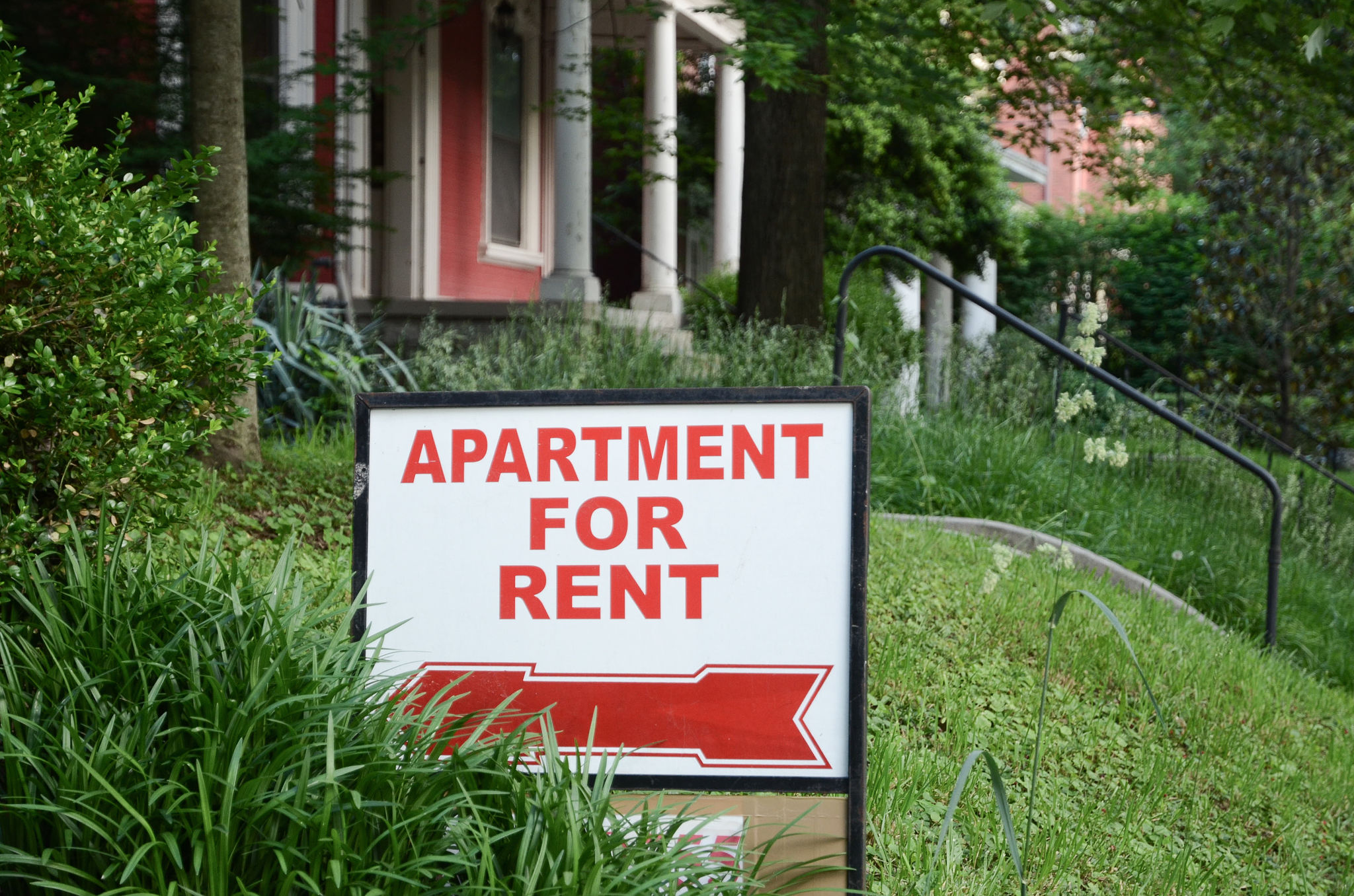Understanding Rental Insurance: What You Need to Know
Understanding the Basics of Rental Insurance
Rental insurance, often referred to as renter's insurance, is a crucial yet frequently overlooked necessity for those living in rented accommodations. It provides financial protection for your personal belongings in case of unexpected events like theft, fire, or natural disasters. While your landlord's insurance covers the building itself, it does not cover your personal possessions, making rental insurance an essential investment.
One of the key components of rental insurance is coverage for personal property. This means that if your belongings are damaged or stolen, your insurance policy can help cover the cost of replacement or repair. This coverage extends beyond the confines of your home, protecting your items when you travel or store them elsewhere.

Liability Coverage: Protecting Yourself from Legal and Medical Costs
Another significant aspect of rental insurance is liability coverage. This protects you if someone is injured while visiting your rented home. For instance, if a guest trips and falls in your apartment, your liability coverage can help cover their medical bills and any legal fees if they decide to sue. This safeguard can be invaluable, especially in litigious environments.
Additionally, rental insurance can offer coverage for additional living expenses. If a covered event makes your home uninhabitable, this part of your policy can help pay for temporary accommodations and other related costs. This ensures that you maintain a stable living situation even during emergencies.

Choosing the Right Rental Insurance Policy
When selecting a rental insurance policy, it's important to assess the value of your belongings and choose coverage limits that reflect their worth. Many insurers offer online tools to help inventory your items and estimate their value. This step is crucial to ensure that you have sufficient coverage without over-insuring.
It's also wise to compare different policies and providers. Look for policy details such as deductible amounts, exclusions, and any additional coverage options that may be beneficial, such as identity theft protection or pet liability coverage. Shopping around can help you find a policy that fits both your needs and budget.

How to File a Claim
In the unfortunate event that you need to file a claim, understanding the process can make it less stressful. Start by documenting the damage or loss with photos and a detailed description. Contact your insurance provider as soon as possible to report the incident and provide all necessary documentation.
Your insurer will guide you through the next steps, which may include meeting an adjuster or providing additional information. Keep copies of all communications and records related to the claim to ensure a smooth process. Patience and thoroughness are key during this stage.
Conclusion: The Peace of Mind Rental Insurance Provides
Investing in rental insurance is more than just a financial decision; it's about safeguarding your peace of mind. Knowing that your personal belongings and potential liabilities are covered allows you to enjoy your rented home without constant worry about unforeseen incidents.
Ultimately, rental insurance is an affordable way to protect yourself from significant financial loss. By understanding its components and choosing the right policy, you can ensure that you're adequately protected no matter where life takes you.